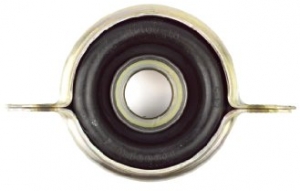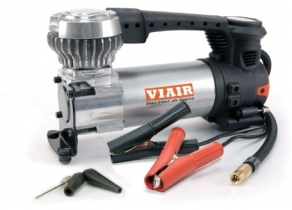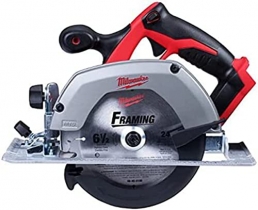-
Welcome to Tacoma World!
You are currently viewing as a guest! To get full-access, you need to register for a FREE account.
As a registered member, you’ll be able to:- Participate in all Tacoma discussion topics
- Communicate privately with other Tacoma owners from around the world
- Post your own photos in our Members Gallery
- Access all special features of the site
Winter blend gas
Discussion in '2nd Gen. Tacomas (2005-2015)' started by Teton Taco, Oct 10, 2009.


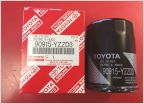 What Oil is everyone using
What Oil is everyone using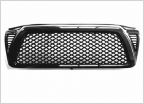 Hard to find aftermarket grills for 2014s
Hard to find aftermarket grills for 2014s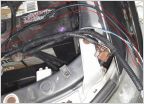 Hyper Flash after new turn signal connector
Hyper Flash after new turn signal connector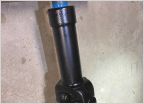 Tom Wood's Driveshaft Slip Yoke Greasing
Tom Wood's Driveshaft Slip Yoke Greasing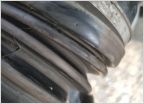 Pin hole in CV boot
Pin hole in CV boot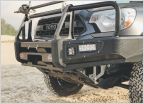 HEADLIGHTSDEPOT Black Halogen Headlights
HEADLIGHTSDEPOT Black Halogen Headlights




